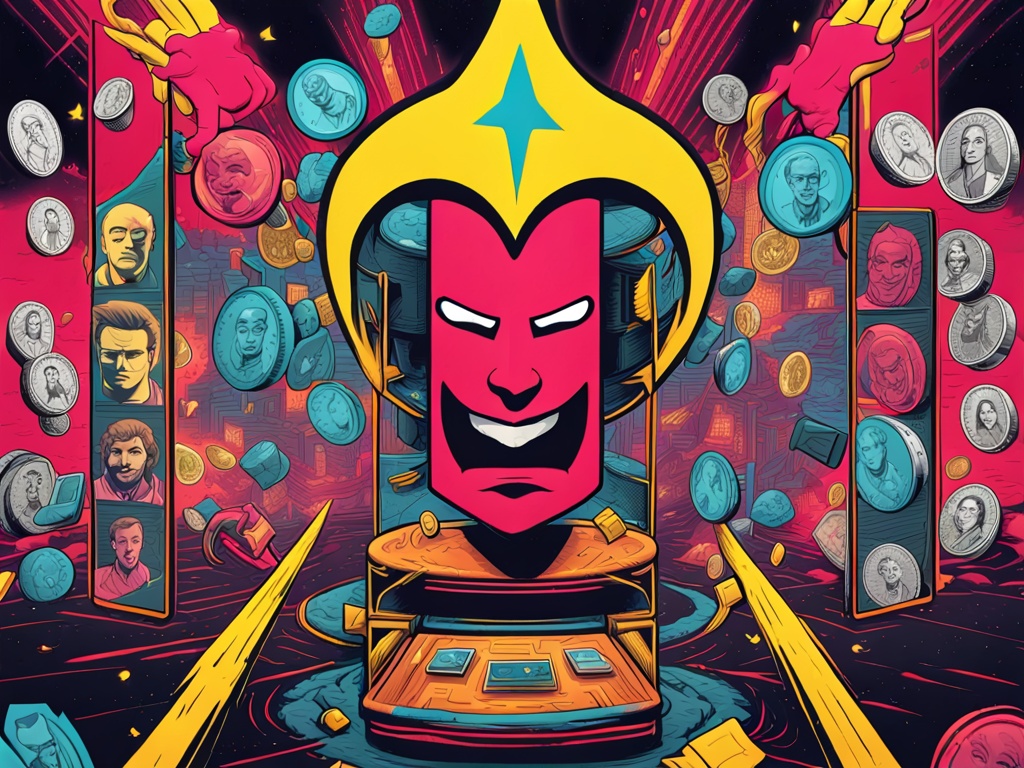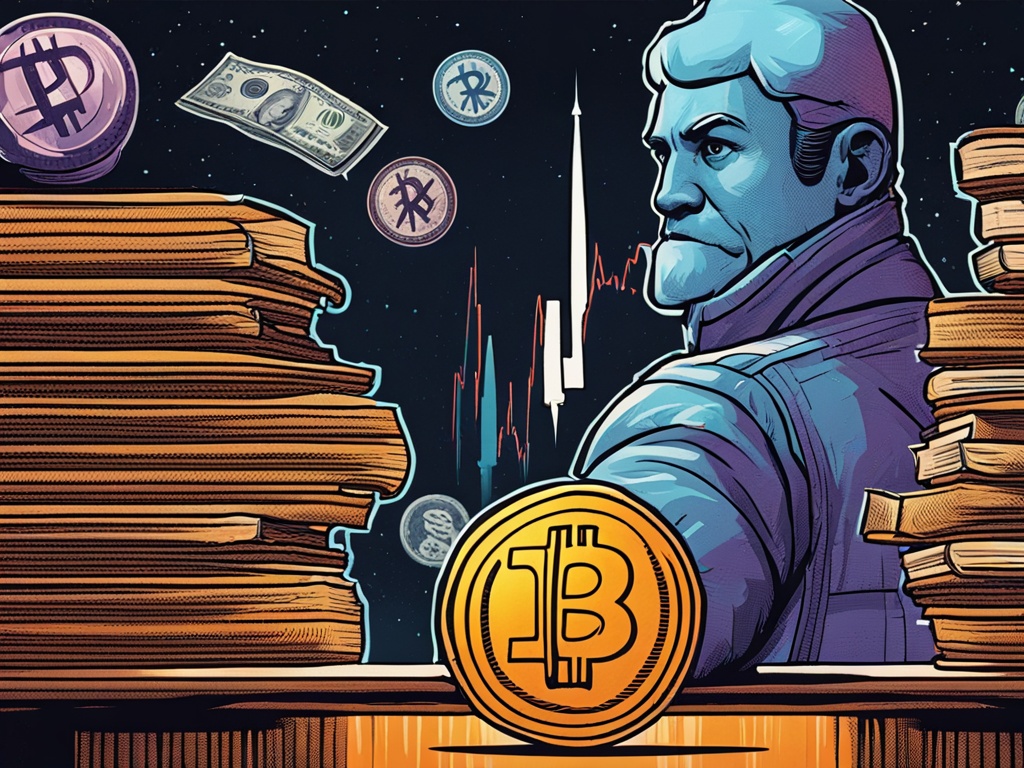Shifting Perspectives on TikTok’s Influence and Security Concerns 🤔
This year, the discussion surrounding TikTok has captured attention once again, particularly in light of remarks made by President-elect Donald Trump during his recent campaign. Once a staunch critic of the popular social media platform, Trump’s stance now presents a notable contrast, sparking debate about potential national security implications and the influence of political donors.
Trump’s Changing Views on TikTok 🔄
During his initial term, Trump frequently highlighted TikTok’s potential threats to national security, underlining his broader anti-China agenda. However, during an interview last March, he took a different tone. Trump suggested that banning TikTok would provoke a strong backlash among younger people and remarked on the implications for Meta’s Facebook, indicating a mixed view of the social media app.
- Trump articulated that TikTok presents both advantages and drawbacks.
- He expressed concern over its impact on Facebook, declaring it an “enemy of the people” along with various media outlets.
Upcoming Judicial Decisions 📅
The federal courts are preparing to address significant legal challenges that could alter TikTok’s future in the U.S. Before Trump takes office on January 20, the D.C. Circuit Court is slated to rule on a recent law mandating ByteDance, TikTok’s parent company based in China, to divest its U.S. interests by mid-January.
- This case could set precedents regarding national security and First Amendment rights.
- The outcome will likely weigh Congress’s authority over foreign commerce against individual rights to free speech.
Financial Influence and Political Concerns 💰
Concerns are mounting regarding major donors’ influence on policymaking, with figures like Jeff Yass, a significant supporter of Republican initiatives, coming under scrutiny. Yass has made considerable donations, totaling over $46 million in the recent election cycle. His ties to ByteDance have raised alarms about possible motivations behind Trump’s revised attitudes toward TikTok.
- Reports surfaced about Yass meeting with Trump in March, though details remain sparse.
- The relationship has prompted questions about whether donor interests might overshadow national security concerns.
Lobbying Activities Intensify 🔍
Amidst the evolving situation, TikTok’s CEO has engaged in direct lobbying efforts, even seeking counsel from influential figures such as Elon Musk. At the same time, prominent names in the tech sector like Mark Zuckerberg have maintained connections with Trump, further complicating the narrative.
- The absence of scrutiny applied to major donors raises questions about systemic inequities in political influence.
- Contrasts are drawn to how critics targeted figures like George Soros for similar attempts at influence.
Risks Surrounding TikTok and National Security ⚠️
The bipartisan alarm regarding TikTok’s rapid growth relates to its potential hazards, particularly its connections to the Chinese government. Concerns include data harvesting, espionage, and the potential for targeted misinformation campaigns.
- During recent congressional discussions, TikTok showcased its ability to mobilize public opinion, emphasizing its influence on policy.
- Lawmakers remain apprehensive about the application’s use as a tool for shaping civic discourse.
Current Legislation and Presidential Authority 📜
The Protecting Americans from Foreign Adversary Controlled Applications Act (PAFACA), effective from April 2024, addresses TikTok mandates. This law outlines requirements for foreign-operated apps and complicates any unilateral decisions regarding TikTok’s future, as it cannot be simply overridden by executive action.
- Changes must undergo legislative processes reflecting transparency and public engagement.
- Amendments or repeals to this law will necessitate involvement from Congress.
Potential Strategies for the Incoming Administration 🛠️
Trump possesses options for addressing TikTok’s status through executive orders or enforcement discretion. These tools could enable specific policy objectives while adhering to existing laws.
- Alternatives could include stricter data security measures or local data storage solutions to mitigate risks.
- Open discussions surrounding these strategies are essential for transparent policymaking.
The Broader Impact on National Policy 🌍
Trump’s remarks about TikTok reveal a deeper issue concerning donor impact on public policy amidst national security considerations. The app’s extensive use across various demographics raises questions about how national priorities might be affected by wealthy donors.
- Should donor incentives sway pivotal policy decisions, the implications for key areas like defense and trade are profound.
- Citizens expect their government to prioritize national security without compromising for private interests.
As the conversation about TikTok continues, the delicate balance between political influence, public interest, and national security demands careful scrutiny and public attention.





 By
By
 By
By
 By
By
 By
By
